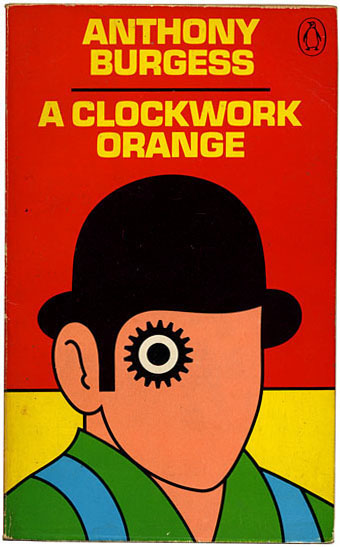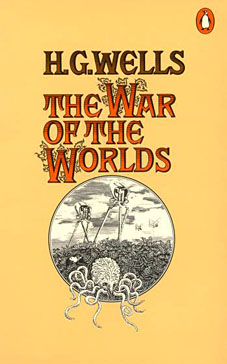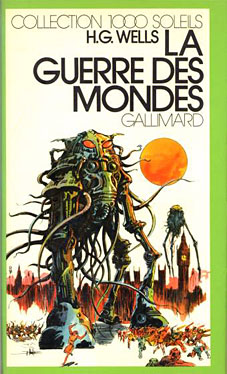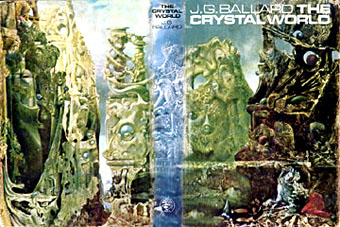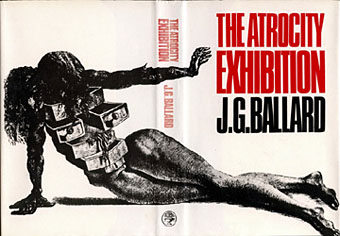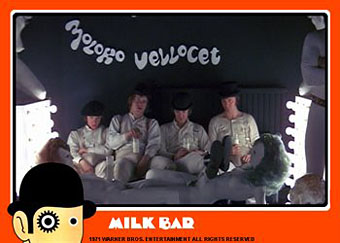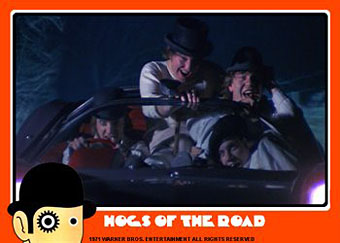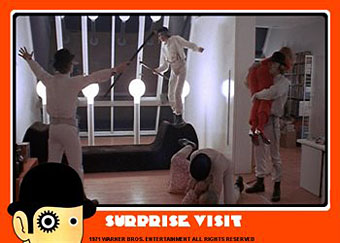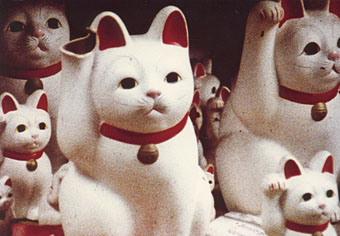
Chris Marker might be considered the Borges of cinema if that designation didn’t seem limiting, with its implication that literature is superior to cinema, that filmmakers only receive true qualification as artists through comparison to more venerable creators, and so on. Marker, then, is Marker, although who Marker is remains obscure, as this article notes:
Some say his father was an American soldier, others that he (Marker) was a paratrooper in the Second World War. Still others, that he comes to us from an alien planet. Or the future. Throughout his career, he has rarely been interviewed, and even more rarely photographed. It is said that he responds to requests for his photograph with a picture of a cat – his favorite animal.
The possibility that he comes from the future is a compelling conceit when his most famous work, La Jetée, is a very subtle film about time travel (later remade with a huge budget and no subtlety at all by Terry Gilliam as Twelve Monkeys). JG Ballard and others have enthused about La Jetée for years but my favourite Marker film remains Sans Soleil, a meditation on time, memory, travel and culture, blending documentary images with a semi-fictional (?) voice-over narrative that resists easy summary. In this respect it parallels some of Borges’ essays or “ficciones”; like many of Borges’ best works it manages to be both personal and universal, drawing connections which seem obvious until you realise that no one has pointed them out in quite that way before. An equally fascinating companion to Sans Soleil is Marker’s CD-ROM, Immemory, a Mac-only release that’s already out-of-date in software terms (and since Classic stopped working on my Mac even I can’t use it for the time being).
This site presents a critical reading of Sans Soleil as a rather disjointed web experience. And you can read the text of the film here. Needless to say, none of these are very satisfying at all without the accompaniment of Marker’s images.

